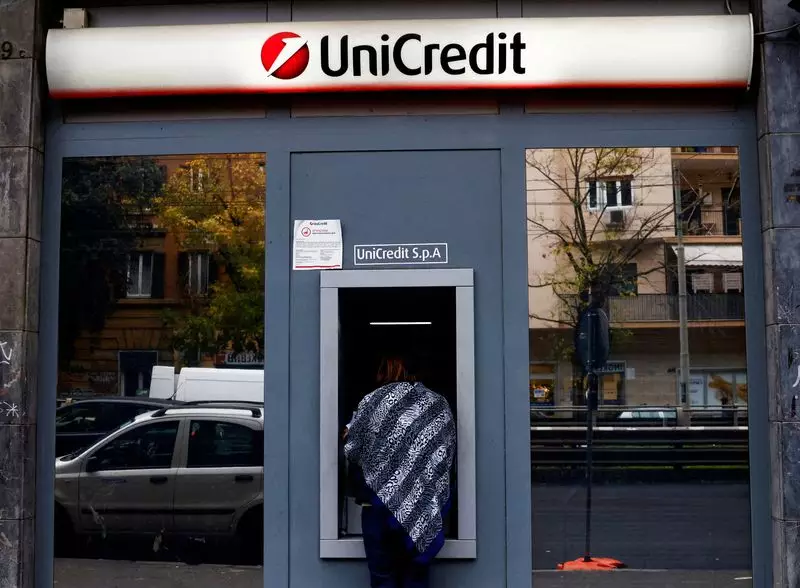In the current landscape of European banking, shifting alliances and stakes are becoming increasingly political and strategic. Recently, a noteworthy confrontation has unfolded between Italian banking giant UniCredit and the German government concerning UniCredit’s significant stake in Commerzbank, Germany’s second-largest banking institution. This conflict, which revolves around the ascent of UniCredit’s shares in Commerzbank, highlights the intricate balance between national interests and corporate ambitions.
The German government has openly criticized UniCredit’s approach to acquiring shares in Commerzbank, labeling it as “uncoordinated” and “unfriendly.” This reaction underscores a broader hesitation among national stakeholders about foreign influence in domestic banking operations. The German spokesperson’s statement emphasizes that the government is keen on shepherding a strategy that aligns with national economic interests while also navigating a politically charged environment as federal elections loom on the horizon. Historically, banking and finance in Germany have operated within a framework that prioritizes stability and cautious growth, making this development particularly jarring.
UniCredit has increased its stake in Commerzbank to 28%, a move executed through the strategic use of derivatives, which has drawn both interest and ire. This method of accumulating shares allows the Italian bank to bypass certain regulatory limitations associated with directly purchasing substantial stakes in companies. UniCredit holds a direct stake of 9.5% and has leveraged derivatives to accumulate an additional 18.5%. The implications of this accumulation are profound, as controlling such a stake positions UniCredit to potentially exert significant influence over Commerzbank’s strategies and future directions.
However, while UniCredit CEO Andrea Orcel had emphasized a desire to wait for new government formations before proceeding further, his bank’s actions have raised eyebrows and created tension. The timing raises questions regarding whether the push for increased investment aligns with Orcel’s previous statements and intentions. The broad-ranging implications of foreign ownership in a national financial institution pose a risk of alienation—not just among government circles but also among the bank’s individual shareholders and the broader public.
The legal routes available to the German government to manage this situation appear limited. Reports suggest that many options to intervene are mere dead ends, indicating a precarious situation for German leadership. The complexities inherent in international acquisition laws only exacerbate the challenges involved. A potential takeover is particularly sensitive in light of potential conditions associated with such a deal, given that German regulations could necessitate a cash offer above a certain valuation threshold if the stake were to exceed 30%.
While the European Central Bank’s approval is a necessary step for UniCredit to cement its investment and convert derivatives into shareholding equity, there remains a significant amount of uncertainty surrounding its analysis process. The bureaucratic nature of the ECB means thorough evaluations can take up to 90 working days, complicating the timeline for UniCredit’s aspirations. The tension associated with these regulatory hurdles adds another layer to the already intricate dynamics at play.
In an environment where both banks are scrutinizing each other’s movements, financial analysts are closely monitoring how these developments unfold. Marco Troiano, a figure in financial analysis at Scope Ratings, underscores the pressure mounting on Commerzbank’s leadership given UniCredit’s growing influence. Meanwhile, UniCredit is not solely relying on an aggressive takeover strategy; it has laid out the possibility of remaining an investor or divesting for gains. This adaptability can serve it well in a fluctuating market.
As the banking industry continues to adapt to digital transformations and evolving regulatory frameworks, every move becomes more consequential. The ongoing narrative surrounding UniCredit and Commerzbank signifies more than just a corporate tussle; it encompasses broader themes of national pride, economic security, and the intricate dance of global finance. As this saga continues to unfold, the fate of Commerzbank and its integration with UniCredit remains uncertain, but it will undoubtedly impact the German banking landscape for years to come.

